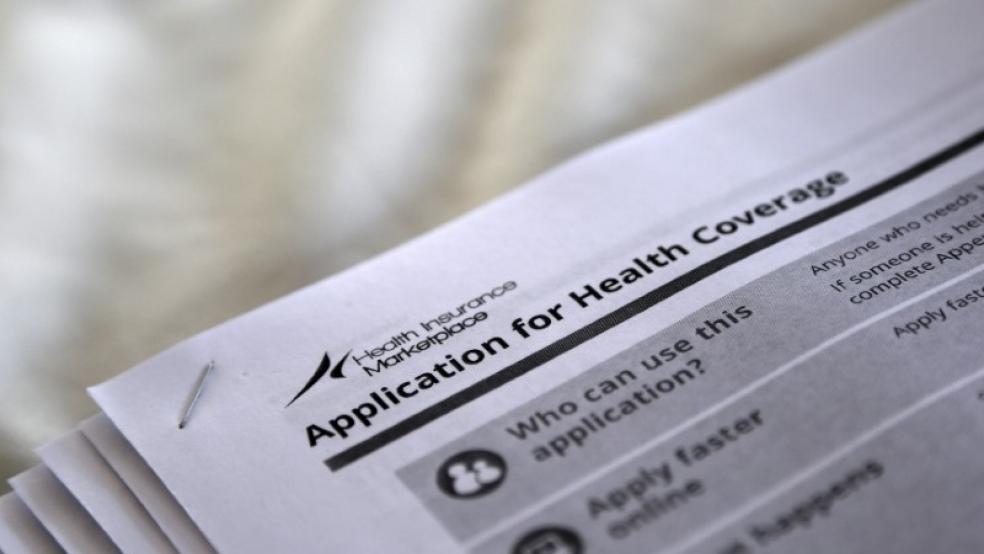Several Democratic presidential candidates say a public option for health insurance would provide a more moderate, less disruptive alternative to the Medicare for All plan backed by Senators Bernie Sanders and Elizabeth Warren. But how would a public option affect the insurance market and employer-provided coverage? Margot Sanger-Katz of The New York Times says much depends on how the public option is set up.
There’s no doubt, Sanger-Katz says, that a public option would be less disruptive than a plan that eliminates all private insurance, as Medicare for All is designed to do. But a comprehensive public option could also cause considerable upheaval if it’s able to negotiate lower prices with doctors and hospitals and thereby offer similar coverage at a lower price. “Insurers would have to adjust,” she writes. “Either they would also have to lower prices, or they would have to offer some sort of special services. Otherwise, they would lose a lot of customers.”
A less robust public option, on the other hand, may not have much of an effect on the market. If the government plan is unable to negotiate lower prices from service providers, it will end up looking like just another insurance company to most consumers, with little to recommend it as an alternative to existing private insurance.
The safer-seeming public option, then, is a bit of a contradiction: it gets more disruptive as it provides a better product. “The political appeal of the public option is it preserves the choice of private insurance,” said Larry Levitt of the Kaiser Family Foundation. “But the better it works, then the less likely it is to actually preserve a private insurance market.”




